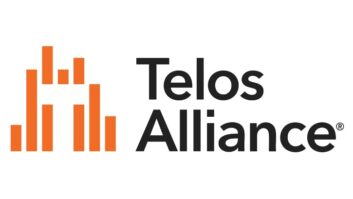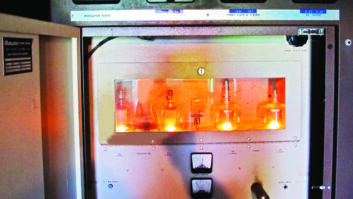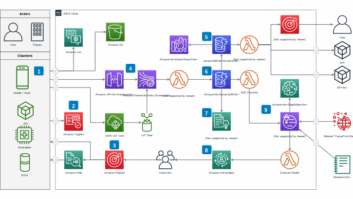Global Security Systems has weighed in on the question of EAS “text to speech” software.
The company is active in the emergency alert sector. It sent ex parte comments to the FCC regarding the recent EAS report and order, backing the positions of FEMA and the EAS-CAP Industry Group on which RW reported earlier.
“Without an audio file and prohibition of TTS, no voice element will be aired with the EAS message,” GSS told the commission.
“Only the header tones, Attention Signal3 and EOM tones will be heard by the listener. This would, of course, have a severe impact on the usefulness of the alert message for overall listening population. Listeners may know that there is an emergency situation … but they will have no information about the nature of the emergency. The potential for widespread confusion and/or disregard for the EAS could be the result.”
GSS agreed that a prohibition on TTS would hurt operations of some CAP-EAS originators, including the FEMA IPAWS system. The company said its own GSS Alert Studio product uses TTS, and that the product is used by emergency managers in several states.
“The IPAWS system would be dependent upon the use of TTS translation technology at the distant CAP receiving device level. Similarly, the National Weather Service CAP feed relies on TTS conversion at the EAS-CAP receiving device level. NWS has been using text-to-speech for over 10 years.”
Prohibiting use of TTS in CAP receivers also would complicate existing and planned CAP state aggregator and distribution systems. GSS says it works with four state-level systems and that five other states are centered around required use of TTS translation by CAP receivers. “GSS also has approximately 120 local county portals that will be using this feature TTS in 12 states.”
It repeated the arguments of others who’ve said the TTS exemption would force EAS participants, EAS-CAP originators and the interconnecting IP relay networks to seek more bandwidth, which may not be possible and could “deter the success of the entire process.” It wants the FCC to reconsider the prohibition, “to allow usage of this critical backup capability (in event that an audio file is missing or damaged) and to ease the operational and cost burden of CAP-EAS usage on the parts of both EAS participants and CAP-EAS originators.”







